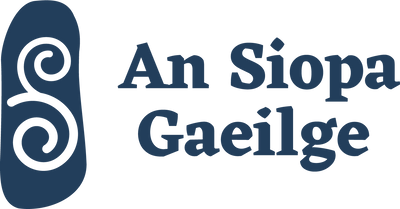Cur síos
From The Act of Union (1800) onward nationalism was central to Irish life. It reached its apogee in 1922, then gradually exhausted itself over the next forty years. Girvin sees the original application by the Republic of Ireland to join the EU in 1961 as the end of the nationalist adventure that had begun 160 years earlier. Everything since then has been a footnote to that decision. But in its halcyon years, Irish nationalism was a model for the rest of the world. Why then were the practical achievements of early nationalist self-governments so paltry, collapsing in the economic and social disaster of the 1950s? Girvin identifies the following key points. First, religion was vital. The old United Kingdom was a pan-Protestant state, which was why Protestant Wales and Scotland could find a place in it and Catholic Ireland could not. Second, Catholic nationalism could not accommodate Ulster Protestantism: it left the unstable sectarian cockpit of Northern Ireland to its own devices despite all the rhetoric about unity. Third, Irish nationalism ironically learned its core values of democracy and representative government from Westminster, a benign cultural legacy of the British presence. Fourth, nationalism was a political success but an economic failure. The yielding of some sovereignty in a EU context has been vital to Irish prosperity. This book surveys two centuries of Irish life. It brings a cool and provocative analytical eye to the gap between rhetoric and reality.
Íocaíocht & Slándáil
Déantar do chuid sonraí íocaíochta a phróiseáil go slán. Ní dhéanann muid sonraí cártaí creidmheasa a stóráil agus níl aon rochtain againn ar shonraí a bhaineann le do chárta creidmheasa.


